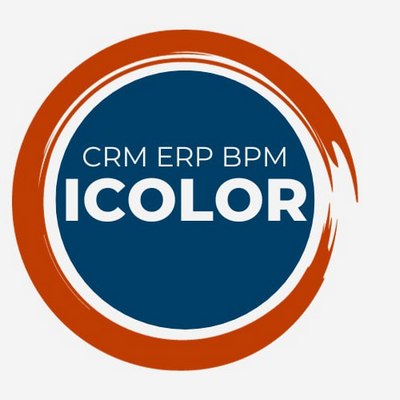Programs for education: training centers, schools, courses
Programs for education come in a variety of forms, from traditional classroom-based courses at schools and universities to online programs and language courses. Education centers and schools offer comprehensive programs with a focus on providing a well-rounded education, while language courses tend to be more specialized and focused on specific language skills. Regardless of the type of program, the goal is always to provide students with the knowledge and skills they need to succeed in their chosen field or improve their language abilities. With the rapid advancements in technology, there are now more options than ever before, making education more accessible to people all around the world.
Here are some of the features and capabilities of education software programs for schools, educational centers, and courses:
- Learning Management Systems (LMS): An LMS is a software application that allows educational institutions to manage and deliver their course materials online. It enables instructors to create and share content, track student progress, and communicate with learners.
- Online Course Authoring Tools: These tools enable educators to create and design online courses, without requiring any programming knowledge. They typically come with pre-built templates and drag-and-drop interfaces, allowing educators to create engaging courses quickly and easily.
- Student Information Systems (SIS): SIS is a software application that allows schools and educational institutions to manage student data, including attendance, grades, and personal information. It helps to streamline administrative tasks and improve communication between teachers, students, and parents.
- Virtual Classroom Platforms: These platforms allow teachers to hold live online classes, with features such as video conferencing, screen sharing, and chat functionality. They enable students to participate in discussions, ask questions, and collaborate with peers from anywhere in the world.
- Adaptive Learning Systems: Adaptive learning systems are designed to customize the learning experience for each individual student based on their needs, interests, and learning style. They use machine learning algorithms to identify areas where students need additional help and adjust the learning content accordingly.
- Assessment and Testing Tools: These tools enable educators to create and administer assessments and tests, including quizzes, exams, and surveys. They provide automated grading, detailed reporting, and analytics, which help educators to identify areas of improvement and adjust their teaching approach accordingly.
- Educational Games and Simulations: These tools provide an immersive and engaging learning experience, using interactive games and simulations to teach complex concepts and skills. They are particularly effective in STEM subjects, where students can practice problem-solving, critical thinking, and collaboration.
- Personalized Learning Paths: Personalized learning paths allow students to progress through their coursework at their own pace, with tailored content and assignments based on their individual needs and preferences. This approach can help students stay engaged and motivated, and improve their learning outcomes.
- Parent and Teacher Communication Platforms: These platforms provide a secure and easy-to-use communication channel between parents, teachers, and school administrators. They enable parents to stay informed about their child's progress, attendance, and behavior, and allow teachers to send messages, share assignments, and provide feedback in real-time.
- Analytics and Reporting Tools: Analytics and reporting tools provide educators with insights into student performance, engagement, and behavior. They help educators to identify patterns, trends, and areas for improvement, and adjust their teaching approach accordingly to optimize student outcomes.
Education software programs for schools, educational centers, and courses offer a wide range of features and capabilities to enhance the learning experience. These include learning management systems, online course authoring tools, student information systems, virtual classroom platforms, adaptive learning systems, assessment and testing tools, educational games and simulations, personalized learning paths, parent and teacher communication platforms, and analytics and reporting tools. These tools help to streamline administrative tasks, improve communication between teachers and students, personalize learning experiences, and optimize student outcomes.
Pricing Programs for education: training centers, schools, courses #
Solutions "Programs for education: training centers, schools, courses" #
Discussions Programs for education: training centers, schools, courses #
Ask questions, discuss any question or idea about" Programs for education: training centers, schools, courses" our forum
Features Programs for education: training centers, schools, courses #
Integrators Programs for education: training centers, schools, courses #
This is a list of our partners who have experience or industry solutions in the area "Programs for education: training centers, schools, courses". They can build a custom CRM or ERP system for you on the OneBox platform.
































